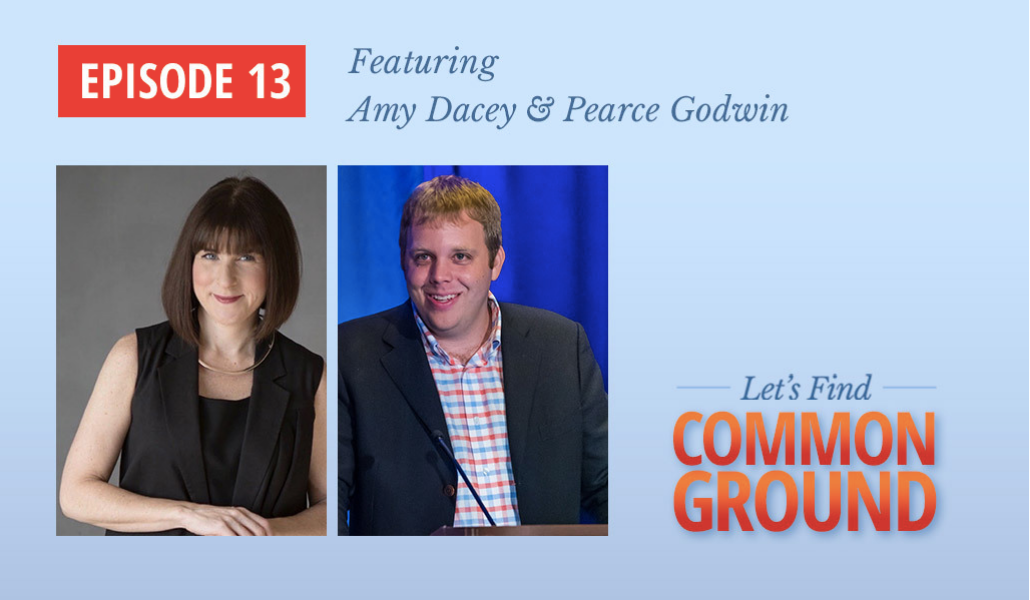
Subscribe to the Podcast




Americans say our divisions are getting worse. How can voters lead constructive change?
More than 8-in-10 Americans think the country is divided, and a large majority says public debate has gotten worse in recent years. The deep partisan gap in politics is a major barrier to constructive change.
In this podcast, we explore the need for common ground with Amy Dacey, Executive Director of the Sine Institute of Policy & Politics at American University, and Pearce Godwin, CEO of Listen First Project, and a leading member of #WeavingCommunity.
During the 2016 presidential election, Amy served as the Chief Executive Officer of the Democratic National Committee. Pearce is from a conservative political background, and formerly worked on Republican Party campaigns.
We speak with both of them about the new Common Ground Scorecard initiative and other recent efforts to boost civic engagement and compromise.
Read the Episode Transcript
Ep. 13- Reforming Politics-Civility, Compromise and Common Ground
Amy K. Dacey
Amy K. Dacey is Executive Director of the Sine Institute of Policy & Politics at American University. For more than two decades, she managed prominent national organizations, advised leading elected officials and candidates, including President Barack Obama and Senator John Kerry, and counseled a variety of nonprofits and companies.
Before joining AU, Amy was President of AKD Strategies, a strategic firm working with nonprofits, and Foundations in the progressive policy space. During the 2016 presidential election, she served as the Chief Executive Officer of the Democratic National Committee. During the 2004 elections, she worked for then-Senator John Kerry on his presidential campaign and, following his narrow loss, helped to lead Kerry’s political operation. She also managed Rep. Louise Slaughter’s congressional campaign in 1998.
From 2010 to 2013, Amy served as Executive Director of EMILY’s List, the organization dedicated to electing Democratic women to national, state, and local offices, and led the organization’s revitalization, restructuring and rebranding efforts. In addition, she served in various leadership positions for several other organizations, including the Service Employees International Union (SEIU), Fund for America, the Democratic Senatorial Campaign Committee, and the Democratic Congressional Campaign Committee. Recently, Amy served as Executive Vice President and Managing Director for MWWPR, one of the world’s top independent public relations agencies.
A native of Auburn, New York, Amy received her bachelor’s degree from Binghamton University and her master’s degree in political science from American University.
Pearce Godwin
Pearce Godwin—described as the national voice for bridging divides—is Founder & CEO of Listen First Project, Executive Director of National Conversation Project, and leader of the #ListenFirst Coalition of 300 partner organizations. He catalyzes the #ListenFirst movement to mend the frayed social fabric of America by building relationships and bridging divides. His passion is combating the universally felt crisis of distance, division, and dehumanization across differences with conversations that prioritize understanding.
Pearce graduated from Duke University and received an MBA from UNC-Chapel Hill. He spent five years working in Washington, DC—in the U.S. Senate and as a national political consultant for presidential and statewide campaigns. Before moving home to North Carolina in 2013, Pearce spent six months in Uganda, Africa where he wrote It’s Time to Listen. That message—printed in dozens of papers across the United States—launched Listen First Project and led thousands to sign the Listen First Pledge—“I will listen first to understand.”
In 2017, as division turned to violence across the country, Pearce left his marketing job, fully committing to turn the tide of rising rancor and deepening division with the #ListenFirst message. In 2018, Pearce helped create the first National Week of Conversation and hosted the kickoff event, Listen First in Charlottesville. Pearce then launched the overarching, collaborative movement platform National Conversation Project, which scales the #ListenFirst movement by promoting annual National Weeks of Conversation, #ListenFirst Fridays, Rapid Response & Featured Conversations on Major Issues, Locally-Focused #ListenFirst Movements, and any conversation creating social connection. This burgeoning movement has already reached millions of people with the #ListenFirst message—5 million during National Week of Conversation 2019 alone as 100+ organizations have adopted the common #ListenFirst message for mainstream scale.
In response to the coronavirus pandemic, Pearce is leading the #WeavingCommunity campaign in partnership with David Brooks’ Weave Project and powered by hundreds of partner organizations in service to our neighbors and nation, with support from Facebook and other sponsors. America is divided and broken, but we can make it stronger by building relationships starting where we live. #WeavingCommunity is a campaign celebrating acts of bravery, caring and connection that heal the pain and weave the future we want.
The #ListenFirst movement has been recognized by journalists at CNN, Fox News, MSNBC, USA Today, Associated Press, and The New York Times as Pearce has spoken about the mission on national television and to live audiences around the world. Pearce recently shared his perspective on current events in USA Today: “It feels like the American experiment is failing. Here’s how we can still save it.”





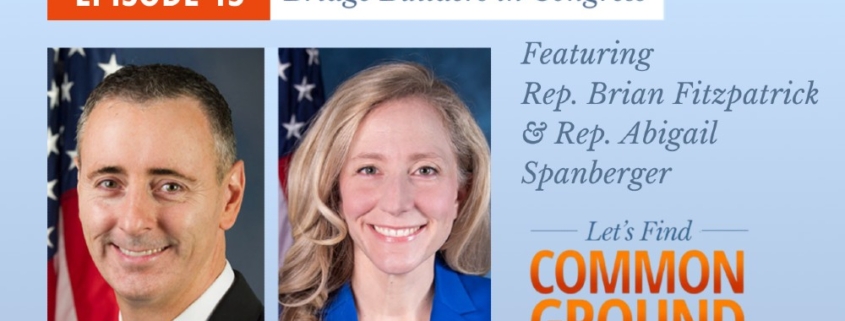
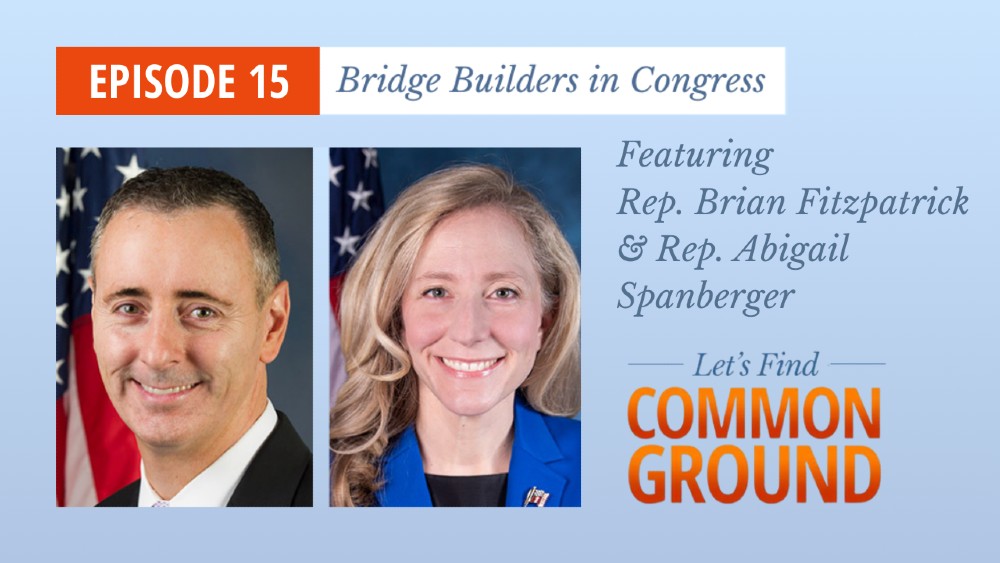




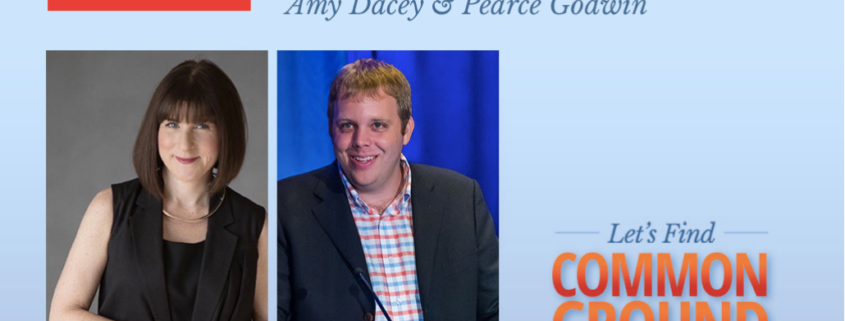


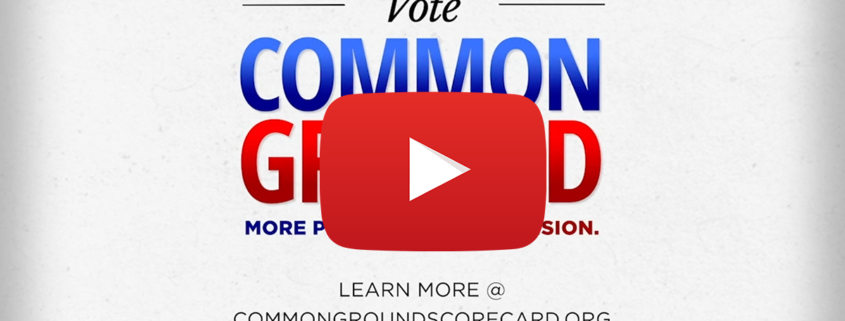

 Voters need a new mindset that makes willingness to find common ground a “must have” quality for any candidate.
Voters need a new mindset that makes willingness to find common ground a “must have” quality for any candidate.
